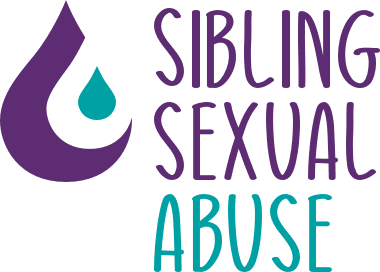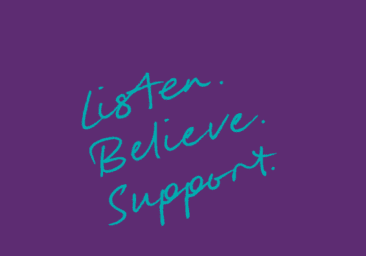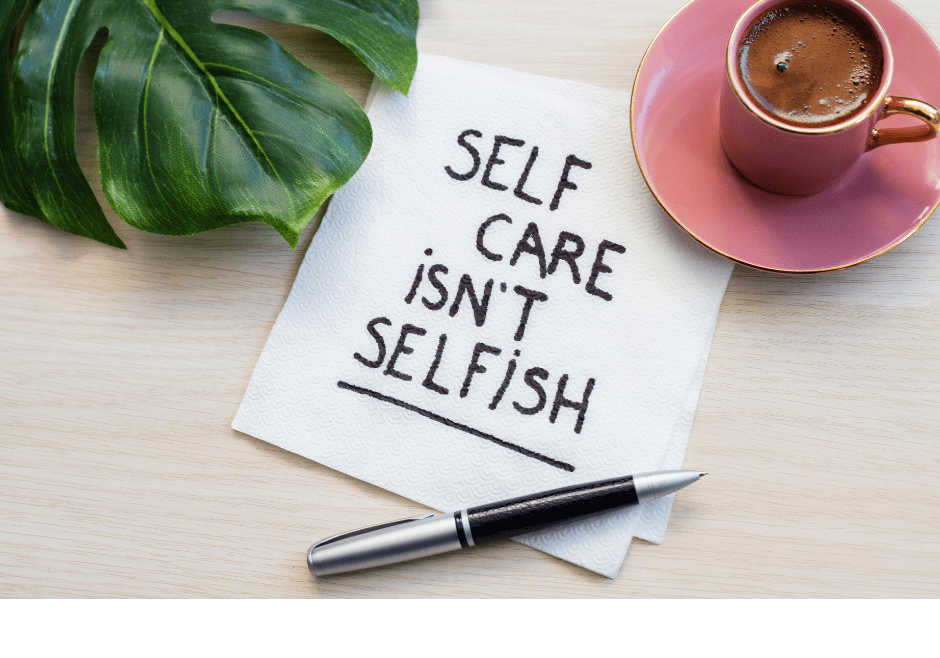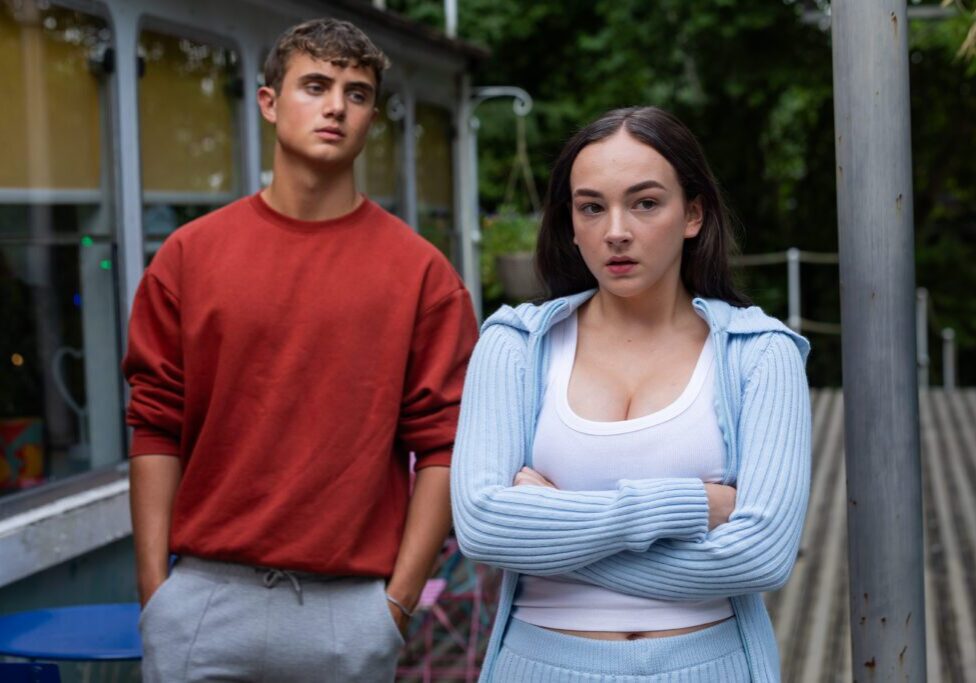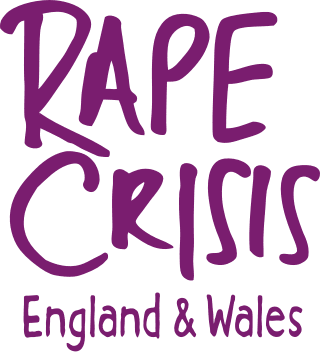My brother made me play ‘naughty exercises’ – I didn’t realise it was abuse
Article by Metro Online https://metro.co.uk/2024/07/16/brother-made-play-naughty-exercises-didnt-realise-abuse-21186117/

Watching JJ (Ryan Mulvey) close Frankie’s (Isabelle Smith) bedroom door, I literally felt the blood drain out of my face and my body tense up.
Then when he suggested that they play ‘school disco’ again, I completely froze, shame and fear overwhelming me.
I hit the pause button and had to actively remind myself that I am safe now. I am not in Frankie’s position and that, at 43 years old, I never will be again.
If anything, though, my reaction is a credit to the work of Channel 4, Hollyoaks and the guidance they have received from SARSAS – an organisation which helps people affected by rape or any kind of sexual assault and abuse at any time in their lives.
The programme is, in my opinion, doing a brilliant job of portraying the complex nature of sibling sexual abuse (SSA) and as a survivor, I hope that the storyline brings some much needed awareness to the issue.
When I was around six, my older brother (who was around nine or 10 at the time) used to get me to play a game called ‘naughty exercises’ with him.
The ‘exercises’ in question were sometimes pleasant and at other times, uncomfortable. Mainly I thought it was a bizarre game.
I can vividly recall specific smells, tastes, sounds and the strain of physical exertion.
Mostly, I remember feeling a mixture of stress, confusion and eagerness to ‘get it right’ – I generally wanted to please my brother as he was hugely important to me, but also, he would readily hit me whenever I annoyed him.
I also remember being really worried that our mum or dad might walk in on us, so I always had one eye on the door. Especially as I had no idea what was really happening.
When I was around eight years old though, it all stopped.
My recollection is that, after he said he wanted to put his penis into my vagina, I felt very unsafe. I had a basic knowledge of how babies were made and at that point I was terrified I would get pregnant. He agreed we shouldn’t.
As we grew up, other odd and sexual behaviours did continue.
When I was 11, he showed me porn on the TV for the first time. As I went through puberty he would physically assess and scrutinise my changing body.
He’d also give me graphic and unsolicited advice on giving hand and blowjobs and even questioned my boyfriends to make sure they were ‘giving me lots of orgasms’.
In my teens I convinced myself that the reason nobody spoke about sexual acts between siblings must be because it is so normal that it is not even worth talking about.

As an adult, I felt it was something I shouldn’t talk about, that people wouldn’t understand and would confuse it with the sordid, stigmatised incest depicted in movies like Gladiator or TV shows like Game of Thrones.
I still told myself this was different and had been a game, that I didn’t know what I had been doing – yet the shame kept me silent and I hid my ‘dirty secret’ to protect myself from being labelled a despicable person by society.
Despite this, I still didn’t allow myself to recognise it had been abnormal, let alone problematic. So discovering it was both of these things was a complete shock.
And it was only when I was 41, during a casual conversation with a friend, that I realised what had really happened with my brother.
She had been talking about a mutual friend’s daughter who had been ‘saved’ from being ‘molested’ by a slightly older child, thanks to her father overhearing the boy suggesting she took her pants off.
Aside from feeling glad that her dad protected her, my instant response was: ‘But that’s quite normal, isn’t it?’
I will never forget the absolute certainty and sincerity in my friend’s voice when she looked me in the eye and said: ‘No. It is not.’
The rest of that conversation is a blur. And though I definitely didn’t tell her anything of my own experience, what I can remember was the feeling of panic and confusion that suddenly set in.
I spent the rest of that day on the internet, googling scenarios like mine. I had hoped to find all sorts of evidence to back up my near-lifelong belief that what had happened with me and my brother had been a harmless game.
Instead I discovered that there is a major difference between typical and expected childhood developmental games, like ‘Doctors and Nurses’ and what had happened to me.
That was the first time I discovered there is such a thing as SSA.
But what shocked me even more was learning about the psychological impact SSA has on adult survivors.
The act itself is only the very beginning. I can assure you that the trauma goes well beyond a bad childhood memory.
Psychologist Christiane Sanderson explains that SSA is not just an event or series of incidents, but that its traumatic impact actually changes the architecture of the survivor’s brain, affecting how they feel, how they relate to others and thus how they perceive the world. This can reverberate throughout their lifespan, especially if the sibling who harmed them continues to exert power and control over them.
This fact all but blew my mind and it felt like all the pieces of the jigsaw finally began to fall into place. With hindsight, I had always been affected by what happened.
I could finally understand why, despite living a seemingly-charmed life, I had been spiralling for over a decade and how I’d gone from being confident and successful to someone who was withdrawn, full of self-loathing and shame.
It explained why I’d become prone to crazed mood swings and the voice in my head that told me I didn’t deserve to be happy and that I was worthless.
Or why I was so hyper-vigilant, and always on the lookout for danger. Because, like Frankie in Hollyoaks, I was afraid of my brother.
I’d thought I was going mad but I was not, I am not, alone. In fact SSA is much more common than you might imagine.
Like JJ, who has a huge amount of power over Frankie, my brother had my parents’ trust. As the older sibling, he would be put ‘in charge’ when we were left alone and my mum always told me how much my brother loved me and looked out for me, so I believed this to be the case.
Unlike Frankie though, I was eager to keep everyone happy and relied on my brother to ‘protect’ my place in the family.
Even now he is still unpredictable, overly ‘protective’ and full of charisma when it suits him. But, with plenty of excellent therapy, I am now able to recognise our relationship has been skewed by warped power dynamics and nebulous personal boundaries.
And last year I finally felt able to confront him about our past.
Initially it was intended as a request for his side of the story – I was hoping he would fill in the blanks in my memories to help me make sense of what had happened. I think part of me was still hoping the whole thing was a terrible misunderstanding.
Unfortunately, our recollections are very different. He recognises that what happened should not have, and has acknowledged that it has been damaging to me. He is sorry that it happened, that I am having to deal with the consequences, but he resists the idea that his could be considered abusive. He believes he should have had more guidance from our parents.
We have been trying to work through it ever since, which has been extremely hard.
Right now, I am trying to decide what I want our relationship to be in the future based on how he is and on how I am now, rather than how we were then. But it is still too early to make any final decisions.
And while I have not considered going to the police – if I thought of him as a threat to society then I would, but I don’t believe he is one and I do not have any desire to ruin his life or drag him or myself through such an ordeal – I have told our parents the truth.
They were, still are, horrified and paralysed by their shock and guilt.
Yet conservative estimates suggest that 1 in 20 children are victims of SSA. However due to stigma and associated shame – not to mention legal issues identifying a sibling that has not received a conviction – the majority of the time it is not spoken about openly and cannot be reported by the media.
But silence is what keeps this issue in the dark.
So, as a survivor, I want to talk about it. And while I have no choice but to write anonymously, due to not having sought a conviction for my brother, I feel unbelievably lucky to have this opportunity to share my story.
I am also immensely grateful for the work being done by SARSAS, Hollyoaks and Channel 4 for bringing SSA into the light and putting it on peoples’ radars. I am sure this will help those of us who have been harmed to finally break our silence and begin to heal.
It may also help parents to recognise the potential risk in their own homes and prevent the damage from being done in the first place.
Had the story been covered by Hollyoaks 30 years ago, when I was avidly watching it in my early teens, I may have been able to see myself in Frankie and recognise that ‘naughty exercises’ had not been a game at all so much sooner.
Perhaps if I had seen her stand up for herself (something I never did) then maybe I would have been able to speak to someone and avoid the decades of confusion and increasing despair that followed.
While I don’t know how things are going to pan out on the show, I am extremely hopeful Frankie will receive the support she needs, to confront what has happened and repair the damage before it impacts their futures more than it otherwise could.
